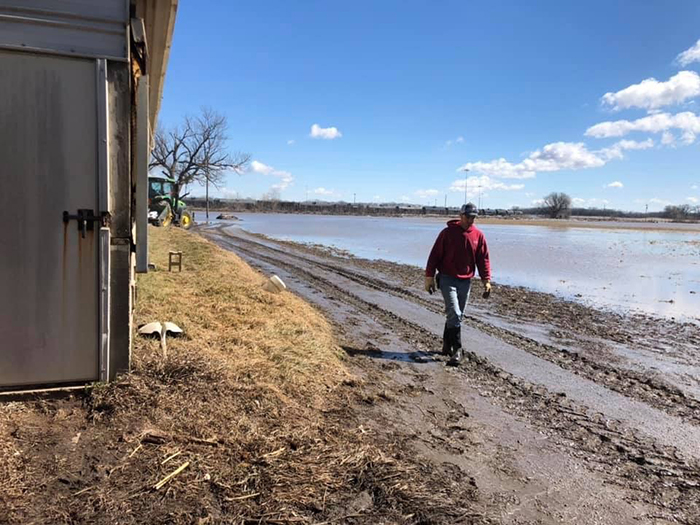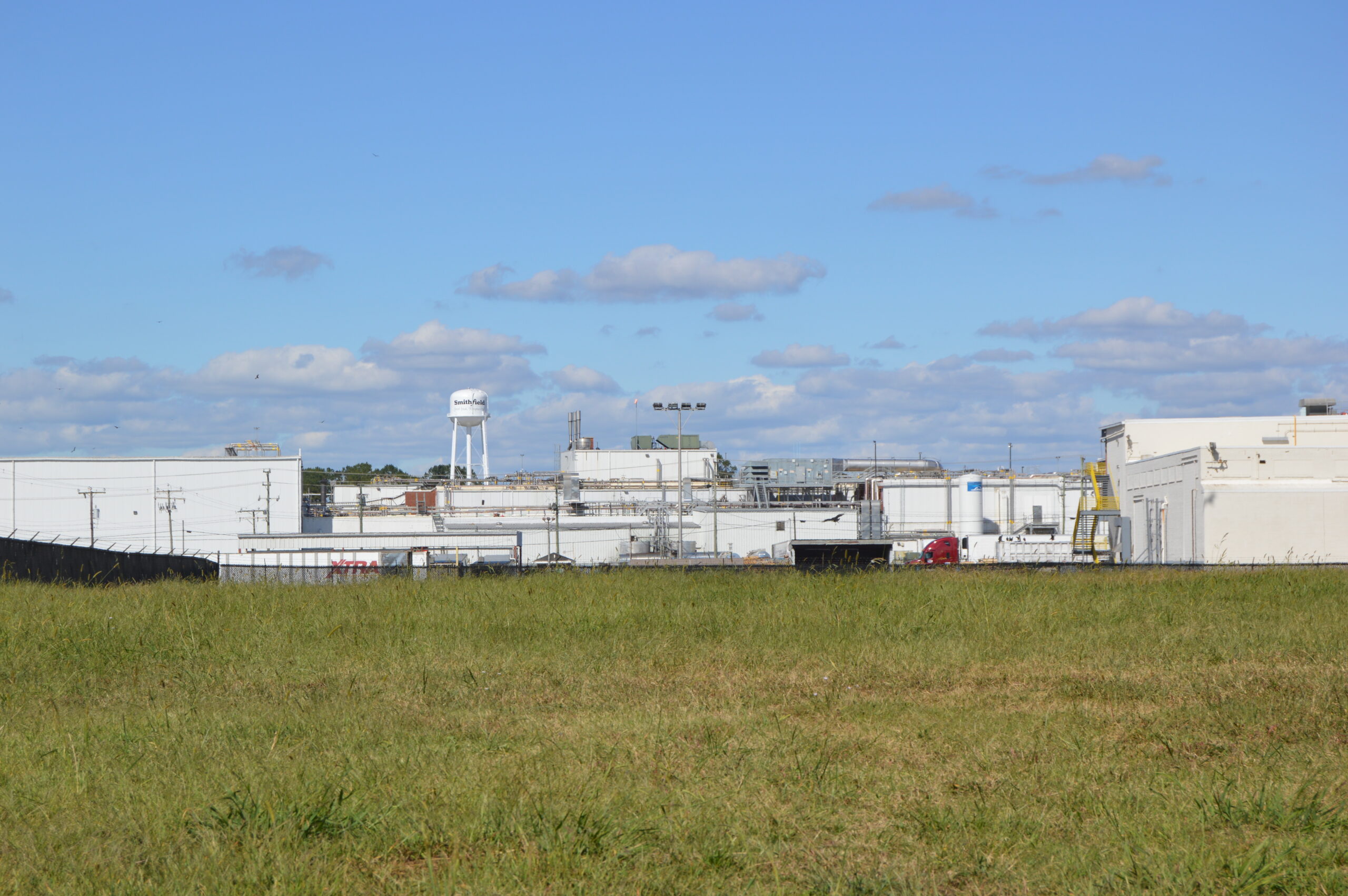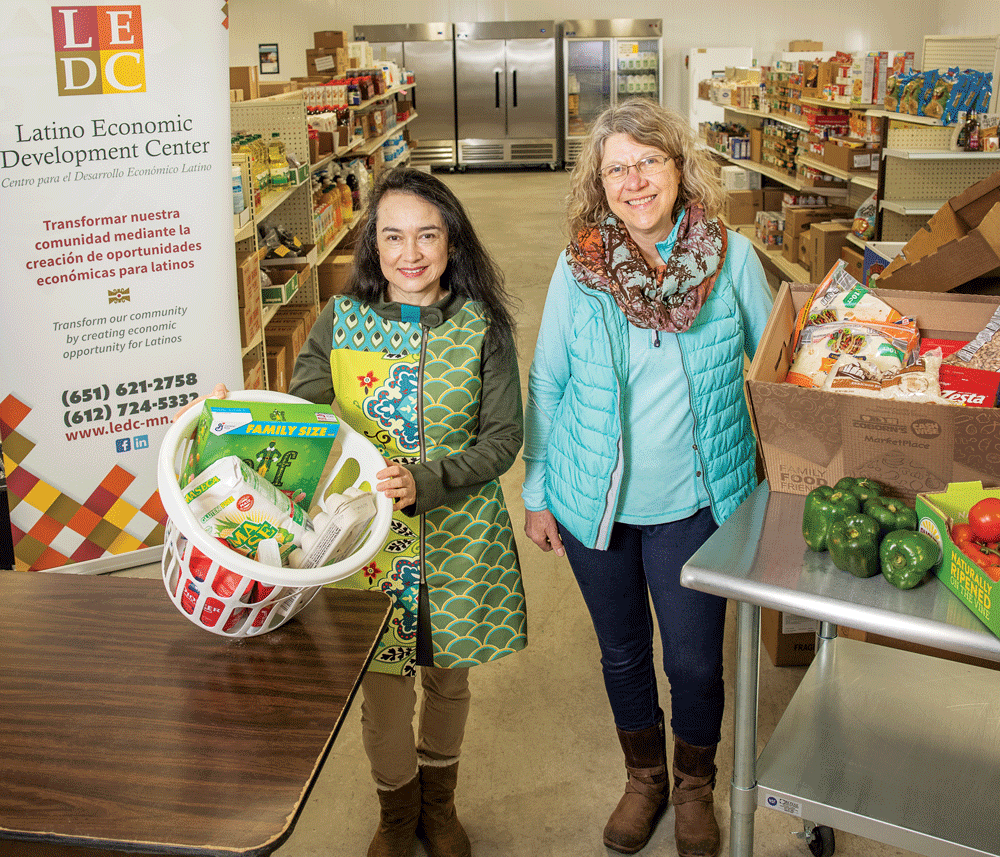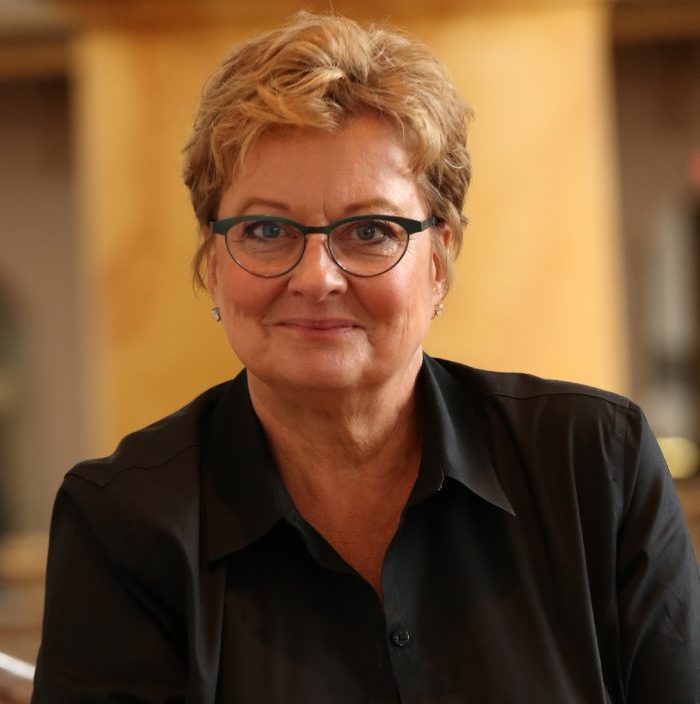Early Recovery Fund Awards More Than $1.3M in 18 Grants to 16 Midwest Organizations
On March 15, when everything we knew and assumed about our work came to a screeching halt owing to COVID-19, we realized we had to start thinking about disaster recovery differently. Our community-driven, relationship-based approach to grantmaking always involved visiting a community and developing relationships before we give a grant. Suddenly, travel wasn’t possible. Like […]

On March 15, when everything we knew and assumed about our work came to a screeching halt owing to COVID-19, we realized we had to start thinking about disaster recovery differently.
Our community-driven, relationship-based approach to grantmaking always involved visiting a community and developing relationships before we give a grant. Suddenly, travel wasn’t possible. Like so many of you, we had to adapt.
We had to adjust to a new “COVID-19 normal”
Since its inception in late 2014, the Midwest Early Recovery Fund has distributed more than $4.4 million in disaster recovery grants to 68 local nonprofit organizations in our 10-state region. In those six years, the program responded to 52 disasters: 14 tornadoes, nine severe storms, two earthquakes, four wildfires, 23 floods and ZERO pandemics.
The Midwest had three billion-dollar disasters in 2019. Epic flooding began with the bomb cyclone in March. In some states like Nebraska, South Dakota, Oklahoma, Missouri and parts of Iowa, the floods continued until rivers and lakes froze at record highs. For many communities, the recovery from flooding and storms had barely begun when COVID-19 stay-at-home orders went into place.
With travel grinding to a halt, we had to find new ways to build relationships and stay connected with community partners.
We develop trusting relationships with community leaders after disaster. We serve mostly small communities (average population: 7,500 people) or reservations in the Northern Plains where trust is earned, not a given. Since the beginning of the global pandemic, Zoom calls with grantees became our new normal.
We also had to start asking new questions, especially about on-going unmet needs.
We learned many families had not even begun recovery and were waiting for precious resources, especially volunteers or visits from disaster case managers. But new issues, caused by COVID-19, were not just keeping agencies from serving those in need but also causing new problems and strains on already overworked nongovernmental organization (NGO) partners in the region.
One of the most significant issues we uncovered were communities still in the throes of flood recovery that were also home to meat-packing plants with very culturally diverse populations and disproportionately large outbreaks of COVID-19. New Americans and Latinx families were suffering from a lack of coordinated messaging in their language, resources and community support. The flooding had already displaced many of them.
We listened and got creative.
We extended support for our community partners working in Iowa, Nebraska, Missouri, Oklahoma and South Dakota to help bring families home after last year’s devastating storms. We made sure our mental health grants had enough funds to meet the increasing need for their services. We are continuing our support for disaster recovery coordinators, disaster case managers, reconstruction managers and some very innovative volunteer models. And, in addition to our flood recovery grants, we have awarded several grants for Community COVID Coordinators – paid NGO staff that speak the predominant language of meat-packing plant employees, to assist and mitigate the challenges they are facing.
We are proud to support these community champions!
I recently heard someone say, “Crisis creates innovation.” We learned how to do our work differently. Our grantees had to adapt and get creative. But in the end, we supported 16 incredible local organizations, all of them serving those most vulnerable to disasters, including a pandemic.
More like this

The Intersection of Historic Flooding, Meatpacking Plants and COVID-19

